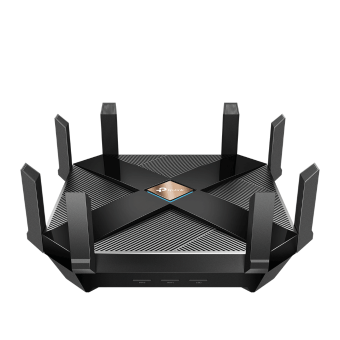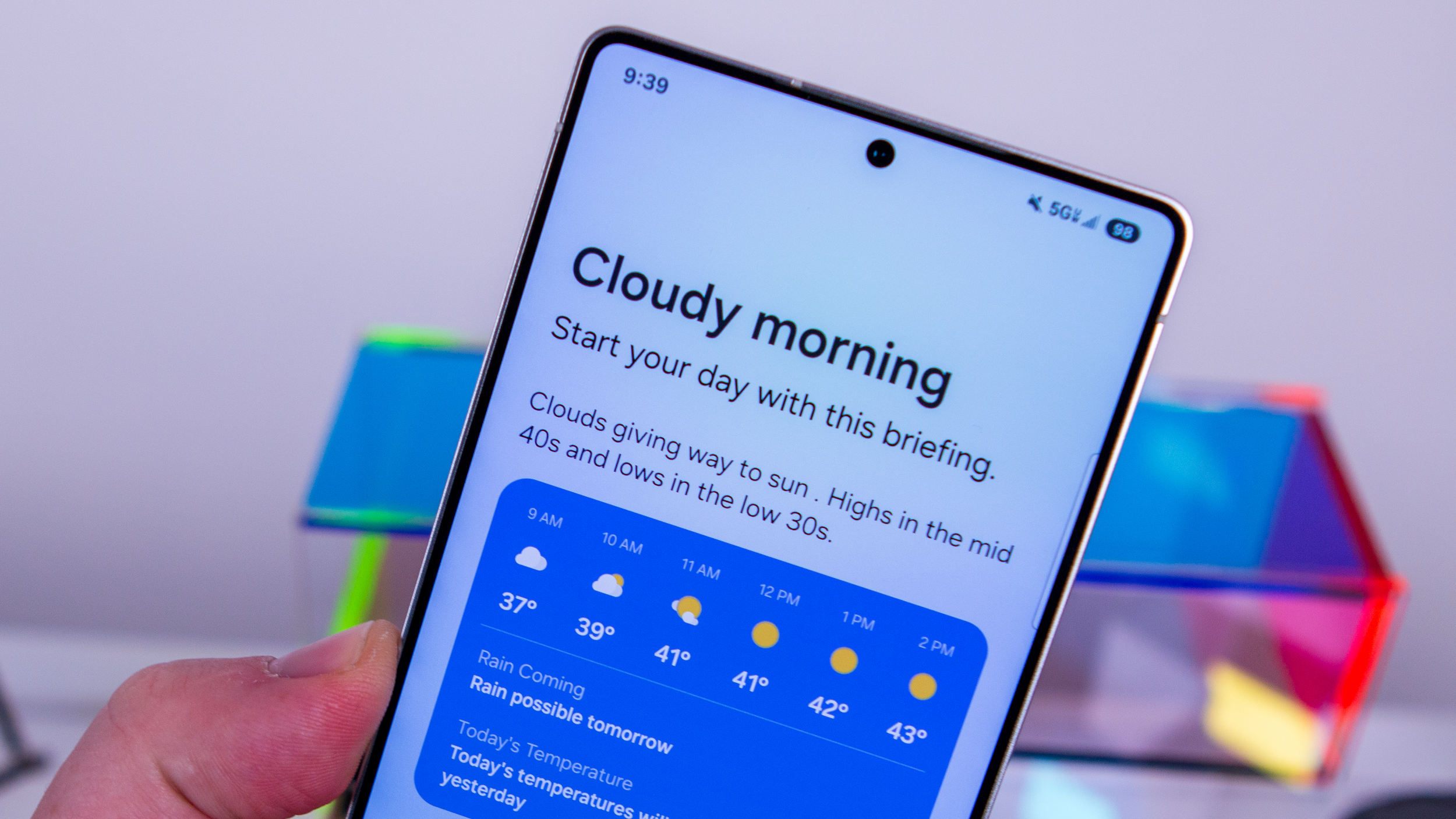TP-Link AX6000 vs. Netgear Nighthawk AX8: Which Wi-Fi 6 router should you buy?
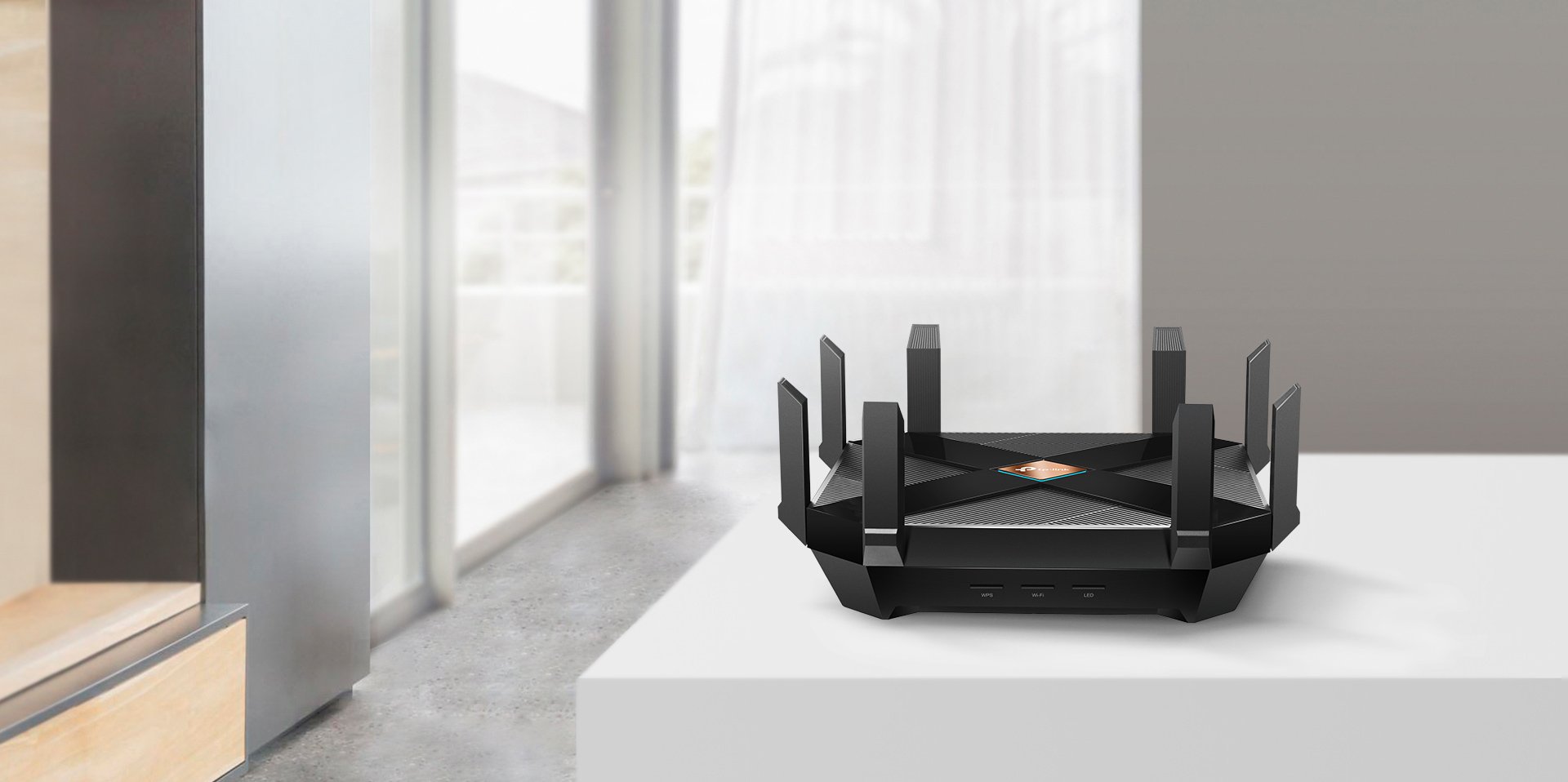
TP-Link Archer AX6000
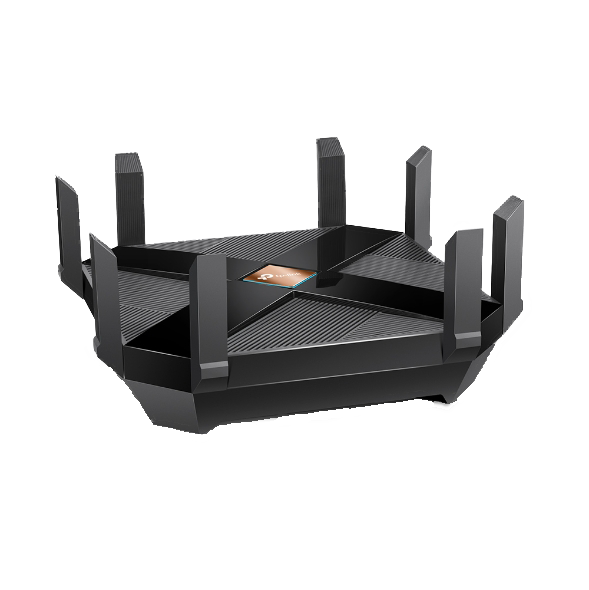
The TP-Link Archer AX6000 is a very fast Wi-Fi 6 router with a 160MHz 5GHz channel capable of delivering 4.8Gbps. Eight gigabit Ethernet ports allow for a lot of connections without the need for an additional switch. The AX6000 also has a 2.5G WAN port as well as link aggregation to be ready for internet connections faster than gigabit in the future or as a fast wireless option for a fast home wired network. TP-Link HomeCare provides extra security as well as parental controls.
TP-Link Archer AX6000
More of Everything
Netgear Nighthawk AX8
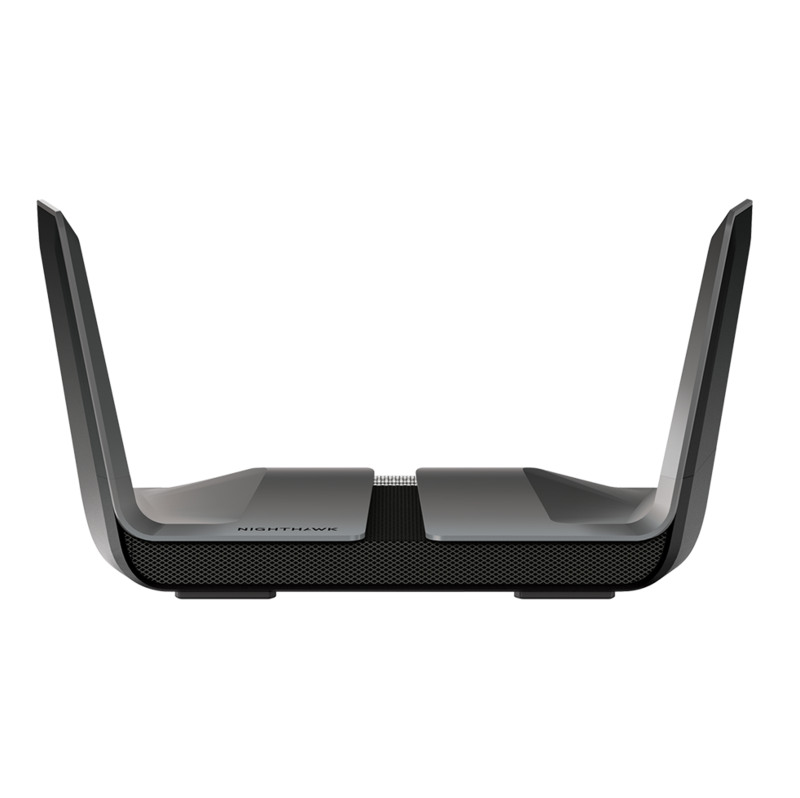
The Netgear Nighthawk AX8 is a great router with a ton of speed thanks to a 160MHz 5GHz band. With a futuristic design, it looks a bit sci-fi thanks to its rigid wing-like antennas. Five gigabit Ethernet ports let you connect a few wireless devices and link aggregation can take speeds higher than a single Ethernet port could. Netgear's Nighthawk software allows for easy management and parental controls through a separate Circle app.
Netgear Nighthawk AX8
Nighthawk Performance
As far as wireless performance goes, the Netgear and TP-Link offer very similar performance, but the small hardware and software extras are what separate them. TP-Link's Archer AX6000 not only has more Ethernet ports, but it also has a USB-C port to support modern storage devices without an adapter. If you're looking for a better software experience, the Archer AX6000 comes with HomeCare for free. HomeCare has solid parental controls, antivirus protections, and quality of service software to keep speeds fast even with a lot of connections. TP-Link manages all of this at a lower price as well.
TP-Link Archer AX600 offers more bang for your buck
The Netgear Nighthawk AX8 is a great router and along with the Archer AX6000, it was one of the first great Wi-Fi 6 routers to hit store shelves. With three more Ethernet ports and a more complete software experience, the Archer AX6000 just gives you more and still comes in at a lower price. The Nighthawk line has a strong reputation for great performance but it's impossible to ignore the savings as well as the additional features on offer from TP-Link.
| Header Cell - Column 0 | TP-Link Archer AX6000 | Netgear Nighthawk AX8 |
|---|---|---|
| Wi-Fi standard | Wi-Fi 6Dual-band | Wi-Fi 6Dual-band |
| Wi-Fi speed | AX6000(1.2Gbps + 4.8Gbps) | AX6000(1.2Gbps + 4.8Gbps) |
| 5GHz band | 160MHz | 160MHz |
| WAN speed | 2.5G | Gigabit |
| Ethernet ports | 8 | 5 |
| USB ports | 1 USB-C 3.01 USB-A 3.0 | 2 USB-A 3.0 |
| Dimensions | 10.3" x10.3" x 2.4" | 12" x 7.95" x 2.83" |
| Parental Controls | HomeCare | Circle |
TP-Link AX6000 vs. Netgear Nighthawk AX8 Wi-Fi 6 speeds
Both of these routers support Wi-Fi 6 with a dual-band connection capable of AX6000 speeds. That breaks down to around 1.2Gbps on the 2.4GHz band and 4.8GHz on the 5GHz band. The difference between the two bands? The 2.4GHz band has less speed to give but will be able to travel further with better wall penetration. The 5GHz band will be more powerful closer to your router.
Both of these routers also support eight data streams with eight antennas as well as 4x4 MU-MIMO, which will allow these routers to handle a lot of simultaneous connections without much perceptible drop in real-world speed. The TP-Link's articulating antennas may be able to offer slightly better coverage than the fixed antennas on the Netgear but when it comes down to it, both of these routers will more than likely be way faster than your internet connection.
TP-Link AX6000 vs. Netgear Nighthawk AX8 What about design?
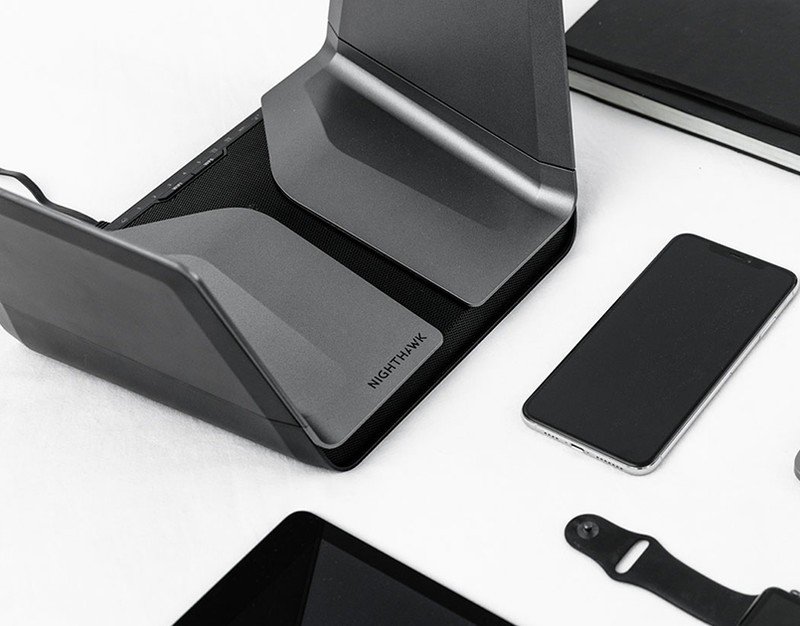
One of the first things you'll notice about both of these routers is how big they are. The Archer AX6000 has a square housing with each side measuring just over 10 inches long. Two antennas per side rise up a few more inches off of the top of the router uniformly. Aside from its size, the AX6000 is fairly understated, though you will need a lot of room to set it up.
Be an expert in 5 minutes
Get the latest news from Android Central, your trusted companion in the world of Android
The Nighthawk AX8 is also quite large at a foot wide once set up. The size is exaggerated a bit due to the large wings on either side being angled outward. Out of the box, the wing antennas come folded down but they are not adjustable once set up. It isn't as deep as the TP-Link however making it easier to fit on a shelf at just under eight inches deep.
The looks are going to be very subjective but both of these routers manage to look high-end without crossing over into tacky.
What are the software extras?
Both of these routers excel with software though Netgear's user interface feels a bit more polished in the app. The functionality is largely the same and these routers can also be managed via a web interface for those that want a more traditional, in-depth approach. Most people will find everything they need in the app.
Customization is a quick procedure once you know where you're going and it should be since both of these routers are equipped with a 1.8GHz quad-core CPU.
Those fast CPUs are put to further work thanks to a suite of software options. The Nighthawk AX8 supports Netgear's optional Netgear Armor software which provides additional security and antivirus protection based on Bitdefender's antivirus package. With this router, you get a 30 day trial with a subsequent $70 per year rate.
Luckily, Netgear also includes access to Circle, an app that provides in-depth parental controls. Circle allows you to create profiles for individual family members with custom access to apps and websites. A more advanced premium version is available for $4.99 per month or $49.99 per year.
TP-Link on the other hand has partnered with Trend Micro to deliver a free antivirus solution with its HomeCare software. This software also includes parental controls as well as Quality of Service (QoS) software to keep connections fast with a lot of connections. Netgear includes QoS as part of its Nighthawk platform as well. HomeCare is included for free with select routers.
TP-Link AX6000 vs. Netgear Nighthawk AX8 Which makes sense for your home?
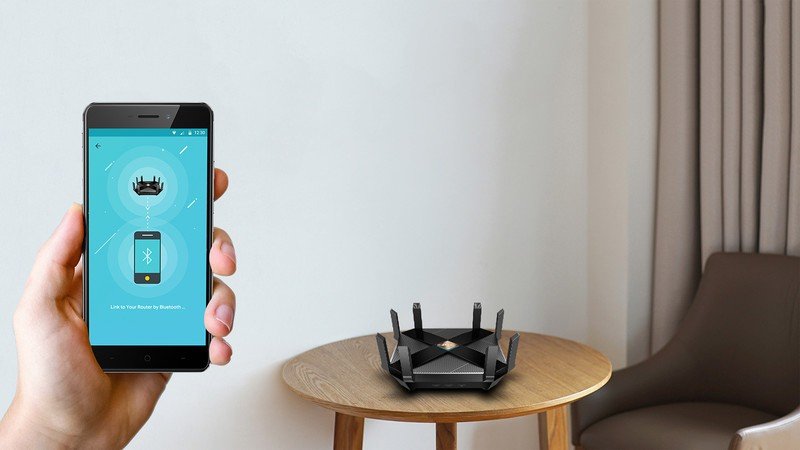
Netgear has made a great router with the Nighthawk AX8. It has great speeds and more features than many other routers. It's easily one of the best wireless routers you can get. The fact remains that TP-Link matches or beats the Nighthawk in pretty much every category. Some people will prefer working with the Nighthawk app over TP-Link's Tether app but both will get the job done. In the end, the price of the TP-Link Archer AX6000 as well as its included software and better support for wired devices, it makes a lot more sense to go with TP-Link.
When Samuel is not writing about networking or 5G at Android Central, he spends most of his time researching computer components and obsessing over what CPU goes into the ultimate Windows 98 computer. It's the Pentium 3.
